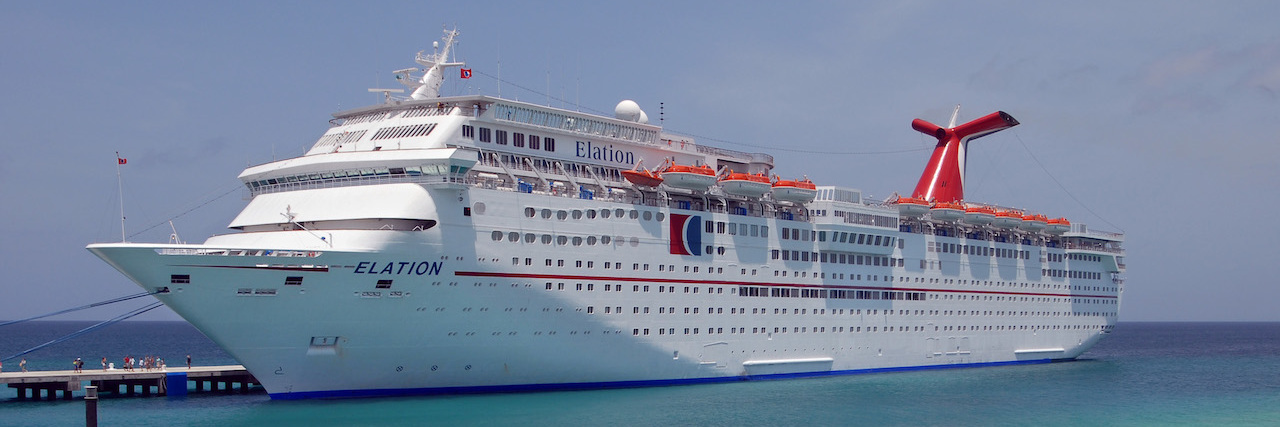On Tuesday, Carnival Cruise Line announced staff on its South Florida-based ships are officially certified as “sensory inclusive,” making it the first cruise line to consider the needs of people on the spectrum and others with sensory sensitivities.
For people on the spectrum or with other disabilities and invisible health conditions like Down syndrome, ADHD and post-traumatic stress disorder (PTSD), sensory input — bright lights or loud sounds — can be overwhelming and trigger difficult stress reactions. Many public spaces, including cruise lines packed with vacationers and raucous entertainment, are not accessible to people with sensory sensitivities.
Carnival partnered with KultureCity, a nonprofit dedicated to making public spaces more accessible to autistic people and others with sensory sensitivities. Through KultureCity’s Sensory Inclusive certification program, Carnival staff received training on supporting the needs of passengers with sensory needs while onboard. Certified ships also carry sensory bags, which provide noise-canceling headphones, fidget toys and a visual feeling thermometer.
We are so honored to partner with @kulturec to provide a sensory inclusive experience on our ships. By working together, guests with sensory needs can maximize their enjoyment on our ships. Find out more about our welcoming environment: https://t.co/Z6L3Ietre7 @ChrisGorham pic.twitter.com/y3MImSn6pG
— Carnival Cruise Line (@CarnivalCruise) November 25, 2019
Carnival Cruise Line’s move toward accessibility for people on the spectrum and others with sensory challenges follows efforts from major stadiums and arenas across the U.S. as well as other public attractions like zoos and museums. Other inclusive spaces are the result of disability advocates and community members.
Raquel Noriega, for example, opened an inclusive party venue called Pixie Dust after she couldn’t find anywhere that would accommodate the needs of her autistic daughter. Taylor Duncan, a 23-year-old autistic baseball player, founded Alternative Baseball in 2016 to open up the sport to others who, like him, had a hard time participating in sports designed exclusively for typical people.
“I wasn’t speaking consistent full sentences until well into the first grade,” Duncan previously told The Mighty. “I wasn’t able to participate in competitive sports due to those developmental delays. By the time I was deemed ready, I faced a lot of social stigma from those who thought they knew what someone with autism can and cannot be capable of.”
Making events and public spaces more accessible highlights that true inclusion for people with disabilities is possible and important. Mighty contributor and mom Jo Griffin explained this in her article, “Why We Need More Inclusive Days in Our Communities“:
One answer is for there to be more inclusive days at various different settings, organizations and public spaces. This can help increase society’s acceptance of difference without judgement. It would make life easier for the many families of those with disabilities and hopefully over time would become the norm, rather than the need for these days to be ‘special.’
According to a press release, Carnival Cruise Line will continue to certify all of its ships beyond South Florida, with a target completion date of March 2020.
“We’re proud and grateful to partner with Carnival Cruise Line, offering guests with sensory needs an opportunity to more fully enjoy their vacations and create wonderful memories with their friends, families and loved ones,” Dr. Julian Maha, KultureCity co-founder, said in the press release. “We appreciate Carnival Cruise Line for taking this important step in making their vacations accessible to everyone.”
Header image via Carnival

